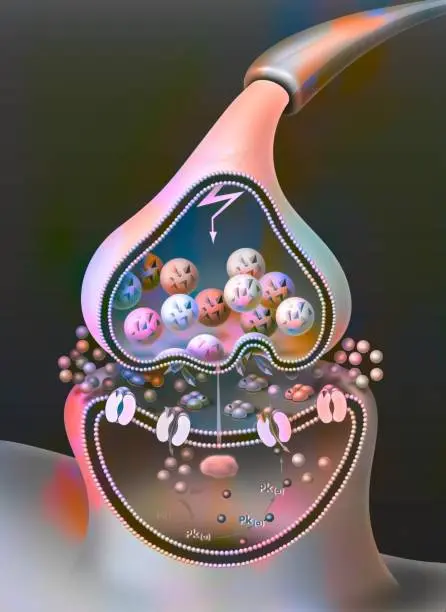
Experimental Approaches to Studying the Complement System in Neuroscience
Is a specialized course that examines the methodologies used to investigate the roles of complement proteins in brain function and disease. The course covers experimental models ranging from cell cultures and transgenic animals to advanced imaging systems, alongside molecular and analytical tools such as proteomics, transcriptomics, and functional assays. Emphasis is placed on understanding how complement activity influences processes like synaptic pruning, neuroinflammation, and cognitive health, while also addressing translational applications in biomarker discovery and therapeutic development. Designed for students and researchers in neuroscience and immunology, this course provides the theoretical knowledge and practical insights needed to explore the complement system at the interface of basic science and clinical research.
| Responsible | Lieven Gentaur |
|---|---|
| Last Update | 09/12/2025 |
| Completion Time | 1 hour 10 minutes |
| Members | 1 |
-
Chapter 1: Experimental Models for Complement Research in the Nervous System1Lessons · 30 min
-
Preview 10 xp
-
-
Chapter 2: Analytical and Molecular Tools to Investigate Complement in Cognitive Health1Lessons · 40 min
-
Chapter 2- Analytical and Molecular Tools to Investigate Complement in Cognitive Health10 xp
-